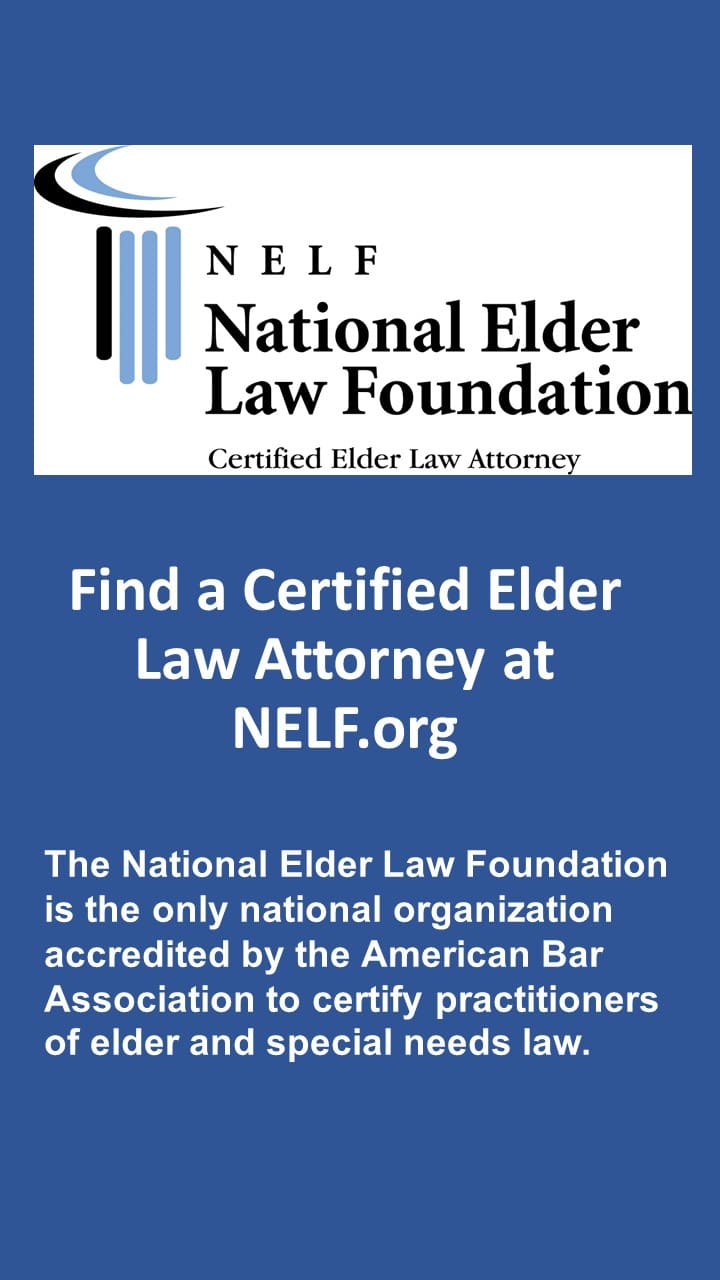Forsythe v. Clark USA, Inc., 2007 Ill. LEXIS 434 (Ill. 2007). Two mechanics were killed at a refinery. Later, their estates filed suit against Clark Refining and Marketing, as well as other defendants including Clark USA. Plaintiffs alleged “that defendant breached a duty to use reasonable care in imposing its business strategy on Clark Refining by (1) “requiring [Clark Refining] to minimize operating costs including costs for training, maintenance, supervision and safety,” (2) “requiring[Clark Refining] to limit capital investments to those which would generate cash for the refinery thereby preventing [Clark Refining] from adequately reinforcing the walls of the lunchroom or relocating the lunchroom to a safe position within the refinery,” and (3) “failing to adequately evaluate the safety and training procedures in place at the Blue Island Refinery.” Moreover, plaintiffs allege that defendant’s strategy of capital cutbacks forced Clark Refining to have unqualified employees act as maintenance mechanics which, in turn, led to the fire that killed the decedents. This, plaintiffs argue, constitutes proximate cause.” Clark USA moved for summary judgment, which was granted without stating the trial court’s reasoning. The court of appeals reversed in Forsythe v. Clark USA, Inc., 361 Ill. App. 3d 642 (Ill. App. Ct. 2005). The Supreme Court of Illinois granted Clark USA’s appeal to determine whether a parent company can be held liable under a theory of direct participant liability for controlling its subsidiary’s budget in a way that led to a workplace accident and, if that theory is recognized, whether the exclusive remedy provision of the worker’s compensation act immunizes the parent company. The court noted that while other jurisdictions have decided the issue, whether direct liability could be imposed on a corporate parent was an issue of first impression in Illinois. After considering cases in other jurisdictions, the Court held that direct participant liability is a valid theory of recovery under Illinois law. “Where there is evidence sufficient to prove that a parent company mandated an overall business and budgetary strategy and carried that strategy out by its own specific direction or authorization, surpassing the control exercised as a normal incident of ownership in disregard for the interests of the subsidiary, that parent company could face liability. The key elements to the application of direct participant liability, then, are a parent’s specific direction or authorization of the manner in which an activity is undertaken and foreseeability. If a parent company specifically directs an activity, where injury is foreseeable, that parent could be held liable. Similarly, if a parent company mandates an overall course of action and then authorizes the manner in which specific activities contributing to that course of action are undertaken, it can be liable for foreseeable injuries. We again stress, though, that allegations of mere budgetary mismanagement alone do not give rise to the application of direct participant liability.” Citing Marshall v. Burger King Corp., 222 Ill.2d 422 (Ill. 2006), the court indicated that four factors are used in determining whether a corporate duty exists: “(1) the reasonable foreseeability of injury, (2) the likelihood of injury, (3) the magnitude of the burden of guarding against the injury, and (4) the consequences of placing the burden upon the defendant). Certain heavy industries, like refining, inherently involve a great amount of danger. It is conceivable that severe cutbacks in staffing, safety, maintenance, and training in such industries could lead, with reasonable foreseeability, to the injury of others. The likelihood of injury in those circumstances would not be remote and could be deadly.” Additionally, the court noted that the magnitude of the burden of guarding against injury should not be great. Parent companies are free to craft business and budgetary strategies for subsidiaries so long as they do not interfere in the subsidiaries ability to use its own expertise or, if they do interfere, then they must use reasonable care. The court then found that a genuine issue of material fact existed concerning whether an officer of the parent company directed or authorized budget cuts negligently. Finally, the court distinguished direct participant liability from piercing the veil; it is not necessary to pierce the veil to hold Clark USA accountable for its own negligence and the court refused to allow Clark to pierce its own veil to take advantage of worker’s compensation immunity. Concluding that “a parent corporation can be held liable if, for its own benefit, it directs or authorizes the manner in which its subsidiary’s budget is implemented, disregarding the discretion and interests of the subsidiary, and thereby creating dangerous conditions,” the Supreme Court affirmed the court of appeals, which reversed the trial court.
Print This Article





